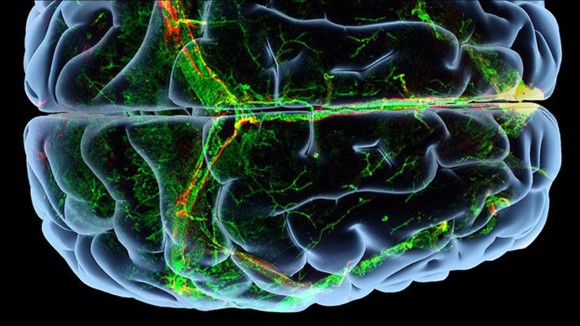Tune in for new episodes!
May 2024: Ghrelin decreases sensitivity to negative feedback and increases prediction-error related caudate activity in humans, a randomized controlled trial
There’s a hormone called ghrelin that’s secreted in the stomach, and when someone is hungry it contributes to that feeling of hunger and the need to search for food. But neurological studies have suggested that ghrelin might also play a role in compulsivity and impulsivity, and it might be related to substance use disorders.
Rebecca Boeme is an assistant professor at Linkoping University in Sweden. She and her colleagues decided to use human subjects to investigate how ghrelin affects reinforcement learning, basically how ghrelin influences decision making when subjects receive positive and negative feedback —and also how it might actually be affecting the brain.
Read the full study here: Ghrelin decreases sensitivity to negative feedback and increases prediction-error related caudate activity in humans, a randomized controlled trial | Neuropsychopharmacology (nature.com)
Listen here: iTunes, Google Podcasts, Overcast, RSS Feed, SoundCloud (Transcript). Spotify. YouTube.
March 2024: Spotlighting SHAPERS: sex hormones associated with psychological and endocrine roles
Dr. Nicole Petersen is an assistant professor in the department of psychiatry and behavioral sciences at UCLA. Her commentary is a new paper in the journal Neuropsychopharmacology called “Spotlighting SHAPERS: sex hormones associated with psychological and endocrine roles.” Dr. Petersen starts the paper describing an unnamed signaling molecule that can affect the physical structure of the brain and that seems to be related to a wide number of psychological and neurological conditions. Then she reveals that this is estradiol. The point she makes in the paper is that estrogen isn’t the only neuroactive substance that affects the brain in ways that we just don’t understand.
Read the full study here: Spotlighting SHAPERS: sex hormones associated with psychological and endocrine roles | Neuropsychopharmacology (nature.com)
Listen here: iTunes, Google Podcasts, Overcast, RSS Feed, SoundCloud (Transcript). Spotify. YouTube.
January 2024: Comparable roles for serotonin in rats and humans for computations underlying flexible decision-making
Serotonin is a critical chemical when it comes to a number of psychiatric conditions, such as OCD, where it seems to play a particular role in cognitive flexibility. That is, serotonin levels are related to the fact that someone is perseverating on intrusive thoughts or compulsions and isn’t able to be as flexible as otherwise would be necessary.
Trevor Robbins, professor of cognitive neuroscience at the University of Cambridge, is one of the authors of a recent study titled Comparable roles for serotonin in rats and humans for computations underlying flexible decision-making, and he says such cognitive flexibility also plays a role in depression and schizophrenia.
Read the full study here: Comparable roles for serotonin in rats and humans for computations underlying flexible decision-making | Neuropsychopharmacology (nature.com)
Listen here: iTunes, Google Podcasts, Overcast, RSS Feed, SoundCloud (Transcript). Spotify. YouTube.

